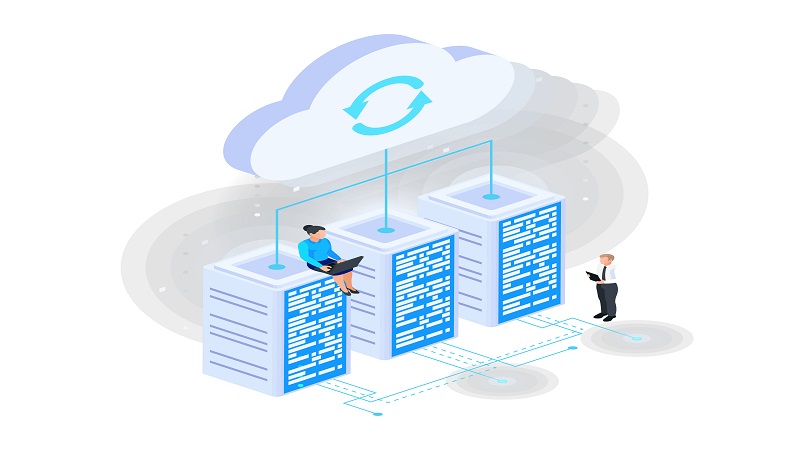Comparing Database Management Systems: MySQL vs. PostgreSQL vs. MongoDB

Database management systems (DBMS) are essential components of modern software development, providing the foundation for storing, retrieving, and managing data efficiently. In the vast landscape of DBMS options, three major contenders stand out: MySQL, PostgreSQL, and MongoDB.
This article will delve into a comprehensive comparison of these three systems across various criteria, empowering you to make an informed decision for your specific application needs.
Introduction to Database Management Systems
Understanding DBMS
A Database Management System (DBMS) is software that enables users to interact with databases. It facilitates data storage, retrieval, and manipulation while ensuring data integrity and security.
Significance of DBMS Selection
The choice of a DBMS significantly impacts an application’s performance, scalability, and maintenance. Gaining insights into the unique attributes of MySQL, PostgreSQL, and MongoDB is vital for making an optimal selection.
MySQL
MySQL is a renowned open-source relational DBMS, known for its user-friendliness, high performance, and extensive community support.
- Advantages of MySQL
MySQL boasts ACID compliance, robust data integrity, and efficient handling of complex queries. It is widely used in web applications, e-commerce, and content management systems.
- Limitations of MySQL
While MySQL is proficient in structured data management, its performance might decline when handling extensive unstructured or semi-structured data.
PostgreSQL
PostgreSQL is another prominent open-source relational DBMS, acclaimed for its advanced features, extensibility, and support for complex queries.
- Advantages of PostgreSQL
PostgreSQL shines in its ability to manage complex data types, including JSON and XML. It offers sophisticated indexing and supports user-defined functions and operators.
- Drawbacks of PostgreSQL
The richness of features in PostgreSQL could entail a steeper learning curve for users. Additionally, it might require more memory compared to MySQL for similar workloads.
MongoDB
MongoDB stands as a leading NoSQL DBMS, excelling in flexibility and scalability for unstructured and semi-structured data.
- Advantages of MongoDB
MongoDB thrives in handling voluminous data with diverse structures. Its schema-less design facilitates rapid adaptability to changing data patterns.
- Limitations of MongoDB
While MongoDB offers excellent scalability, complex transactions might not be as efficient as in relational databases. Ensuring data consistency can pose challenges in certain scenarios.
Comparative Table
The following table provides an overview of the key features of each DBMS:
| Criteria | MySQL | PostgreSQL | MongoDB |
|---|---|---|---|
| Data Model | Relational | Relational | NoSQL (Document) |
| Query Language | SQL | SQL | MongoDB Query Language (MQL) |
| Schema Flexibility | Structured | Structured | Semi-structured |
| Scalability | Good | Good | Excellent |
| ACID Compliance | Yes | Yes | Partial (w/ recent versions) |
In the world of database management systems, MySQL, PostgreSQL, and MongoDB offer distinct strengths that cater to varying data needs and application requirements. MySQL is ideal for structured data, PostgreSQL excels in advanced features, and MongoDB’s flexibility accommodates unstructured data.By assessing your project’s characteristics and priorities, you can confidently select the DBMS that aligns with your goals, ensuring optimal performance and scalability for your application.